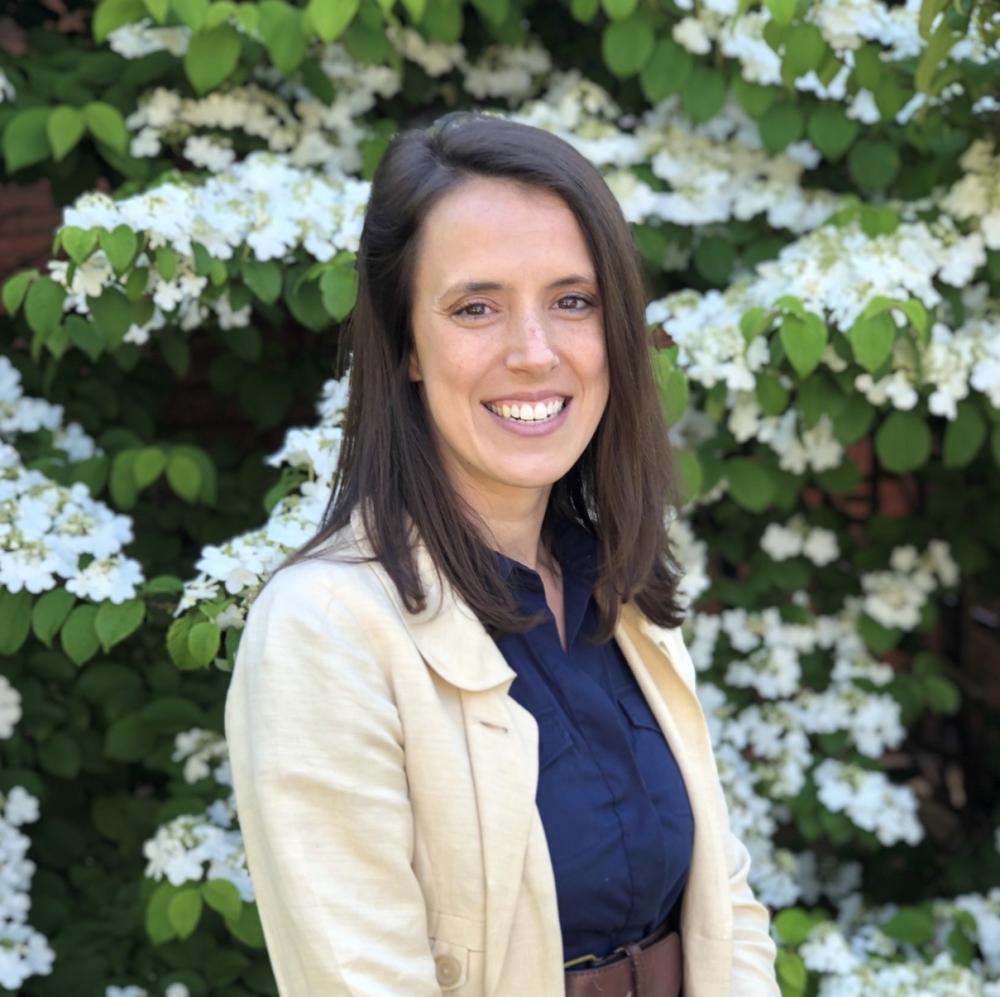
The recent collapse of Silicon Valley Bank (SVB) has placed climate tech into the national spotlight. SVB was a financial hub of the venture-backed sustainability world, with approximately 1,550 climate and clean technology business clients. While other financial institutions didn't always have the in-house skill to understand sustainability startups, it was among SVB’s specialties. The firm’s appetite for funding climate tech ventures resulted in an industry-wide transformation for venture capital.
Investments in climate tech reached a peak in 2021, followed by a 3 percent drop in 2022. However, when evaluated within the context of the 35 percent drop in the overall venture capital market, these numbers indicate investors are still very much interested in climate tech — and SVB helped that startup ecosystem develop.
Within this context, SVB’s collapse — linked to rapidly rising interest rates, combined with a run on the bank fueled by fear that spread on social media — presented a real threat to the climate and clean technology sector.
“SVB’s collapse was terrifying to the industry," said Justin Bean, an impact-focused tech executive and author of What Could Go Right: Designing Our Ideal Future to Emerge from Continual Crises to a Thriving World. "Startup founders and employees often are not making that much money, because they’re trading salary for ownership."
And the potential impact went far further than individual startups. "We saw hard-working people out there creating innovation and sustainable abundance and are helping us compete with countries like China and Russia and helping us get ahead,” Bean said. “If the entire ecosystem was allowed to collapse, it would have been a huge hit to the U.S. during a time of great competition between nations. There is a geopolitical advantage to the U.S. being the research and development lab for climate tech. We are advancing humanity forward. For this, it was a good move by the Fed to ensure the deposits of the people banking with SVB.”
Fortunately, the Federal Deposit Insurance Corporation (FDIC) gave depositors full access to their funds on the Monday morning following the collapse, including funds above the government-insured amount.
Climate tech still makes good business sense
Before the collapse of SVB, climate tech was on an upward trajectory. It had a record year in 2021, and even today capital continues to be reprioritized across sectors into climate-friendly and clean tech companies. That trend is happening on the consumer level as well. For example, total U.S. car sales were down 8 percent in 2022, but electric vehicle sales actually increased by 60 percent.
Renewable energy costs are also plummeting and becoming cheaper than fossil fuel energy in many markets, even without government subsidies. “It just makes business sense. We get to sustainable abundance by pushing prices down through innovation," Bean said of the growth of climate tech. "Sustainability should get cheaper because we have innovated and pushed the price down and they’re lower risk because they are circular."
Companies with higher ESG scores typically perform better financially than those with lower ESG scores — and climate tech, clean tech, and other sustainable initiatives are growing and diversifying. Climate tech and clean tech companies also historically fare better during a recession, Bean noted, and government initiatives like the Inflation Reduction Act are positioned to further support the sector.
“There is a big value proposition for climate," Bean said. "When you look at standard markets, they are performing at a lower rate than climate tech markets. Climate tech is smaller but growing much faster. If you want to capture growth and hedge risk, climate is a great choice."
Bean compared current low-carbon innovations to the digital transformation of 10 and 20 years ago, saying: “There is currently competition between the new world and the old world, like what we saw with the digital transformation. There are companies like Blockbuster and Kodak that weren't paying attention and should have founded Netflix and Instagram. They were asleep at the wheel and didn’t see the future coming. We saw digital solutions perform better, take the market and grow faster than anyone had ever seen before. The growth rate of Facebook, Uber, Google and the like was record-breaking. I think we will see some of those records broken again by climate tech. This transition is happening faster than people realize.”
SVB’s legacy and the future of climate tech
SVB was the financial institution of choice for a huge number of climate tech companies, so the question remains as to which firms will take its place. After all, SVB was a climate finance pioneer. It funded 60 percent of community solar projects and its support of clean energy projects helped mobilize other lending agencies.
“We are in the process of creating sustainable and circular economies. Climate tech will continue to grow and diversify,” Bean said. While SVB made a number of risky choices that contributed to its demise, its early and bold support of climate tech and cleantech transformed the sector from a niche, high-risk industry to a promising, attractive and growing sector.
Image credit: Alpha Photo / Flickr

Mary Riddle is the director of sustainability consulting services for Obata. As a former farmer and farm educator, she is passionate about regenerative agriculture and sustainable food systems. She is currently based in Florence, Italy.














